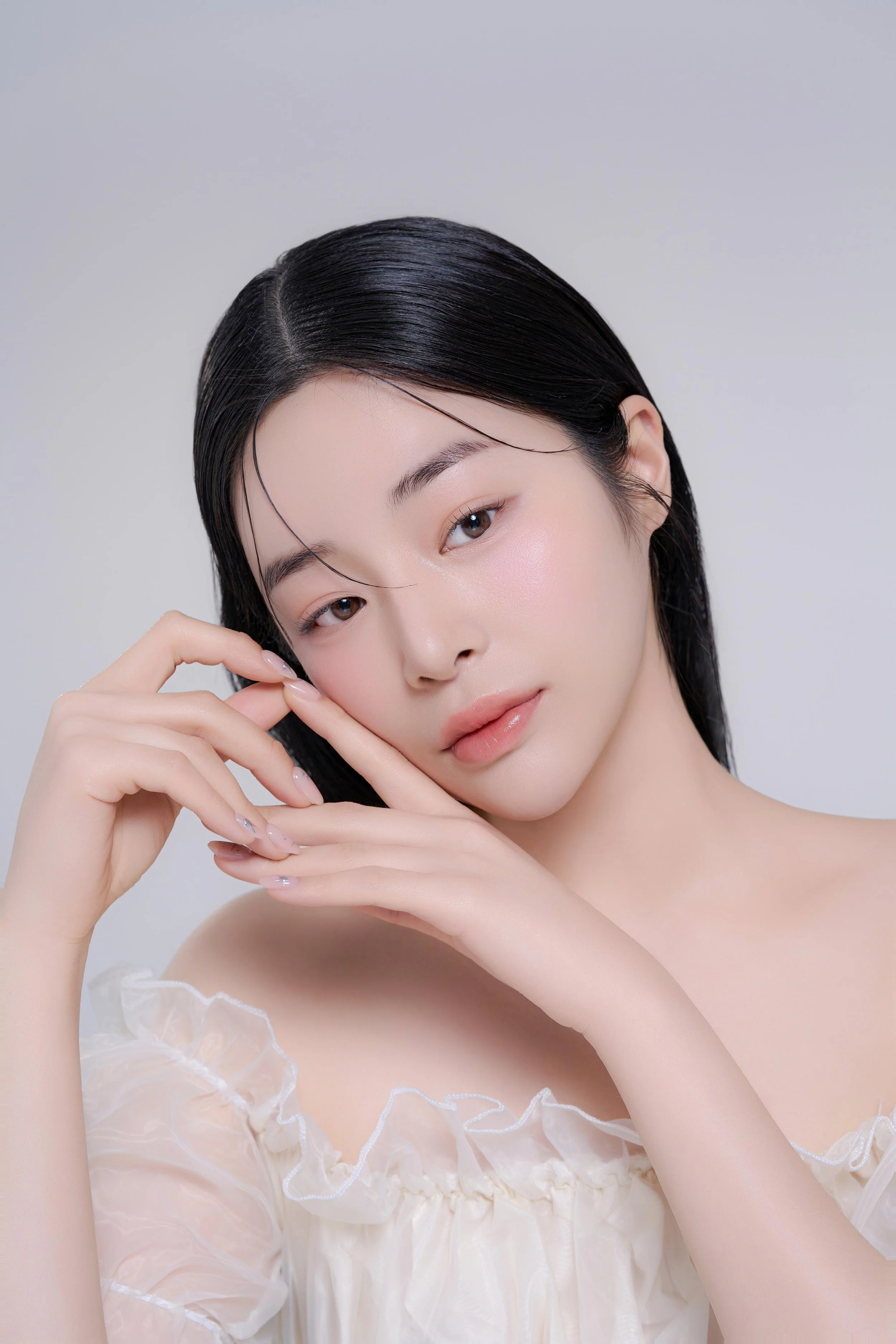
Frequently Asked Questions
We have answered some of the most frequently asked questions about our Korean skincare treatments and products below. If you have a question that you can't find the answer to here, contact us and we will happily answer any questions or queries you may have.
-
K-Beauty refers to Korean beauty practices and products that focus on skincare routines emphasizing hydration, nourishment, and prevention.
-
A comprehensive skincare regimen that includes steps like double cleansing, toning, exfoliating, and moisturizing to achieve healthy, glowing skin.
-
Common ingredients include snail mucin, hyaluronic acid, ginseng, and green tea, known for their hydrating and anti-aging properties.
-
At Blavuu, we use specialised carbon-based organic pigments for scalp micropigmentation that maintain colour stability over time. These vegan and cruelty-free pigments only slightly lighten as the skin naturally sheds.
-
Double cleansing involves using an oil-based cleanser followed by a water-based cleanser to thoroughly remove makeup, sunscreen, and impurities without stripping the skin's natural oils.
-
Sheet masks are soaked in serums and are applied to the face to deliver concentrated ingredients, providing hydration, brightening, or anti-aging benefits.
-
Yes, many K-Beauty products contain ingredients like tea tree oil and salicylic acid that can help manage acne-prone skin.
-
"Glass skin" refers to a clear, luminous, and intensely hydrated complexion, often achieved through consistent K-Beauty skincare routines.
-
Many K-Beauty products are formulated with gentle ingredients, making them suitable for sensitive skin. However, it's important to patch-test new products.
-
Identify your skin type and concerns, then select products that address those needs. For personalized recommendations, consult with a skincare professional.
-
A Korean facial is a multi-step skincare treatment that deeply cleanses, exfoliates, hydrates, and nourishes the skin, aiming to achieve a radiant, youthful complexion.
-
Korean facials emphasize prevention and skin health, focusing on hydration and nourishment, whereas traditional facials often address skin issues after they appear.
-
Benefits include improved skin texture, enhanced hydration, reduced fine lines, and a luminous "glass skin" effect.
-
Yes, Korean facials can be customized to suit various skin types, including oily, dry, sensitive, and combination skin.
-
For optimal results, it's recommended to have a Korean facial every 4 to 6 weeks, depending on your skin's needs.
-
Expect a relaxing experience that includes cleansing, exfoliation, extraction (if needed), masking, and moisturizing, tailored to your skin's requirements.
-
Most clients experience no downtime, but some may notice mild redness or sensitivity, which typically subsides within a few hours.
-
It's advisable to avoid makeup immediately after a facial to allow your skin to breathe and absorb the treatment's benefits.
-
It's best to consult with your healthcare provider before undergoing any facial treatments during pregnancy.
-
Clients often notice smoother, more hydrated skin with a natural glow after a single session.
